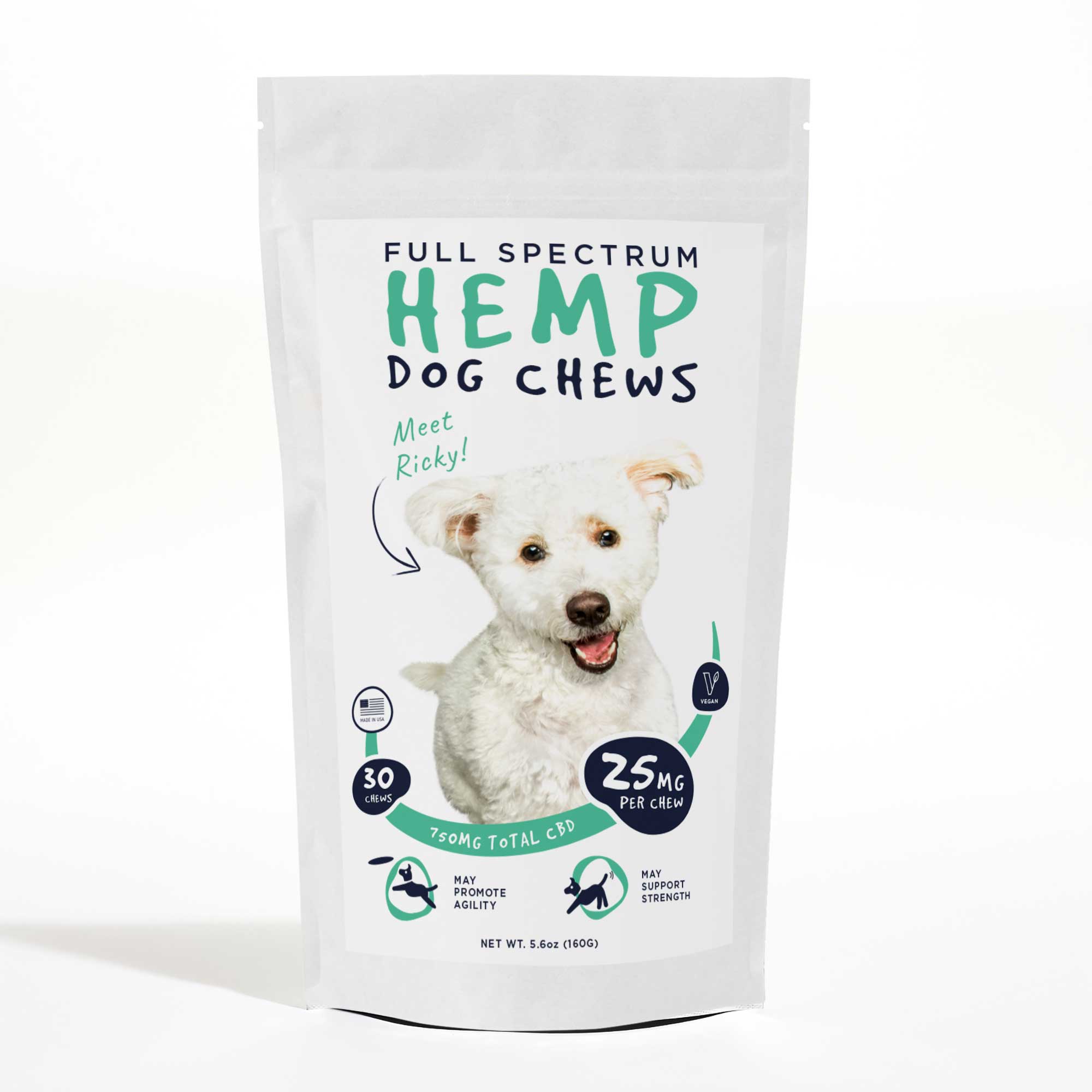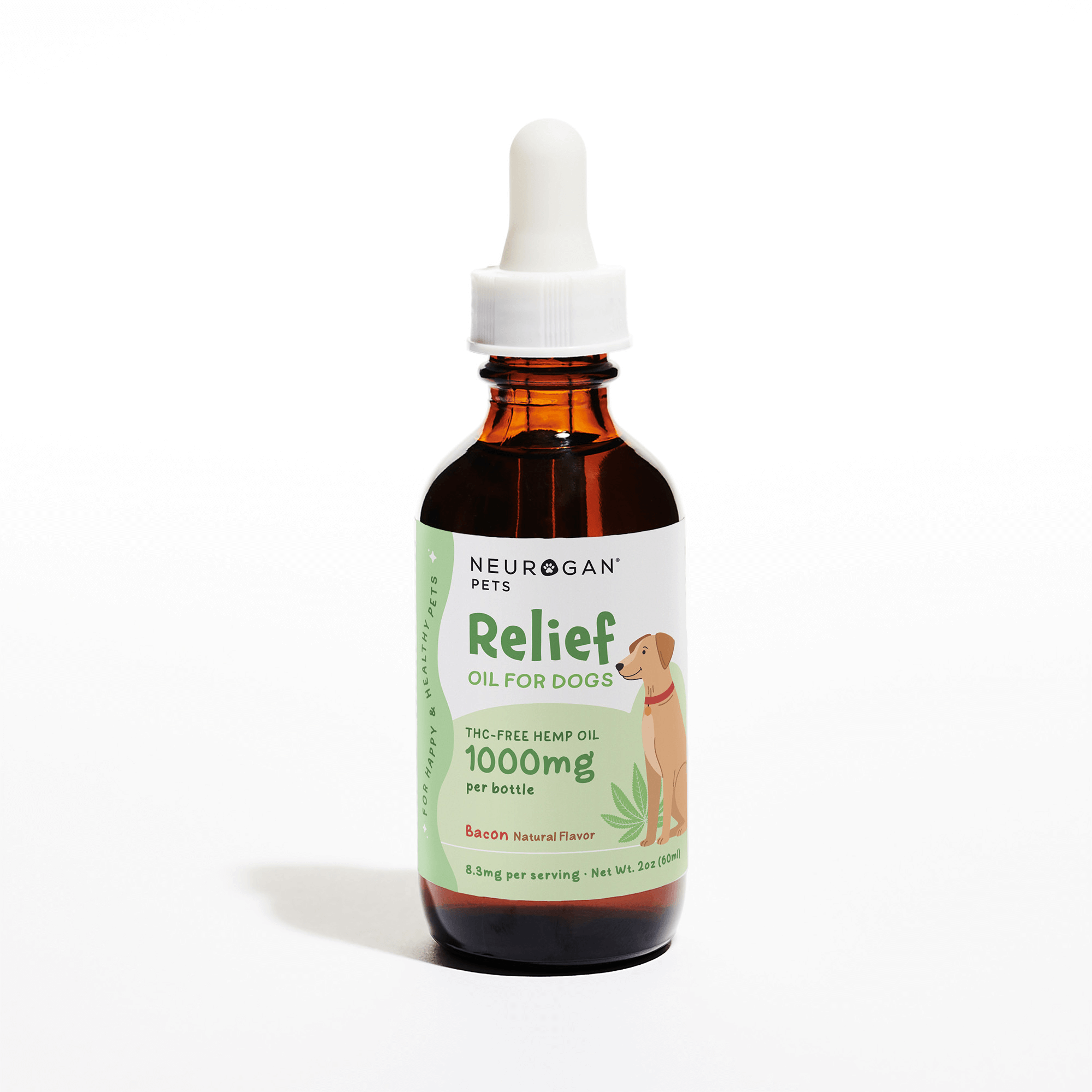CBD for All Animals
All pet products will be listed on NeuroganPets.com throughout 2025, and subscriptions can now still be managed at Neurogan.com or be transferred to NeuroganPets for an additional 15% OFF.
Filter and sort 8 products
 2018 Farm-Bill Compliant
2018 Farm-Bill Compliant 2018 Farm-Bill Compliant
2018 Farm-Bill Compliant 2018 Farm-Bill Compliant
2018 Farm-Bill Compliant🏆 We are the #1 CBD for Pets - Best Value
0.1
0.075
0.05
0.025
$/MG CBD









